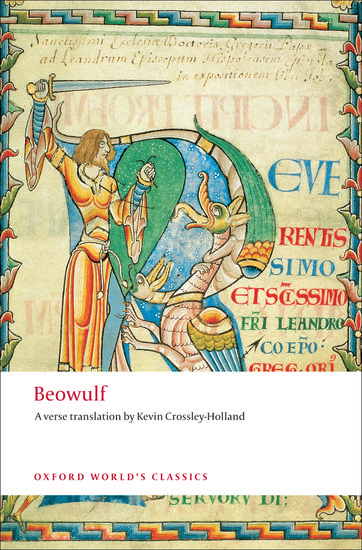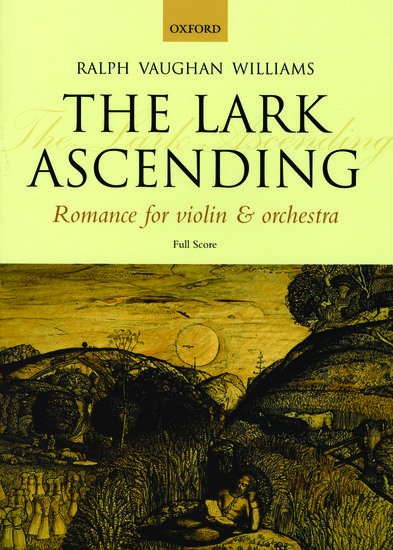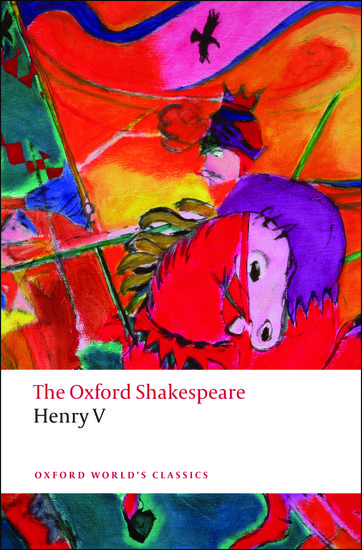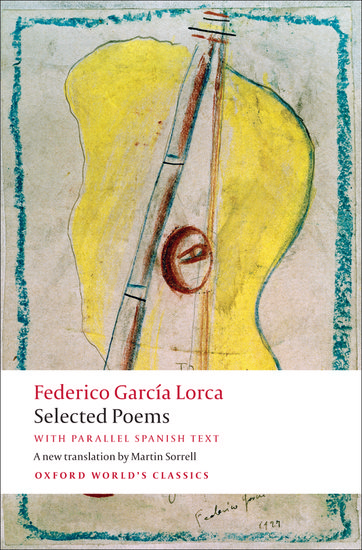Burlesque in New York: The writing of Gypsy Rose Lee
In celebration of the anniversary of the first burlesque show in New York City, I reread a fun murder mystery, The G-String Murders, by Gypsy Rose Lee. “Finding dead bodies scattered all over a burlesque theater isn’t the sort of thing you’re likely to forget. Not quickly, anyway,” begins the story.The editors at Simon & Schuster liked the setting in a burlesque theater and appreciated Gypsy’s natural style, with its unpretentious and casual tone. Her knowledge of burlesque enabled her to intrigue readers, who were as interested in life within a burlesque theater as in the mystery.











